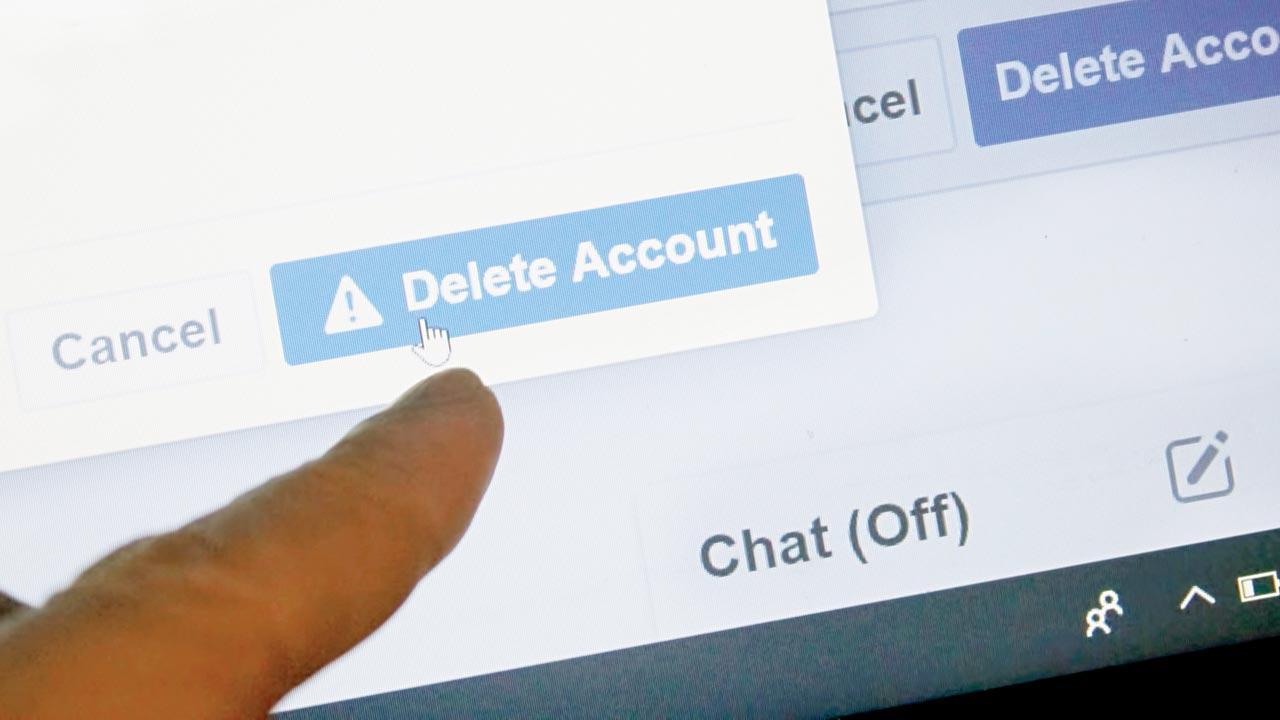Sharing is not really caring
Updated On: 18 May, 2024 04:24 AM IST | Mumbai | Lindsay Pereira
There is no consensus on whether social media can have a positive impact, but everyone agrees on its potential for evil

I believe any platform that has the potential to cause serious harm ought to be monitored and am amazed at how our government mostly chooses to look the other way. Representation pic
 I have no skin in this game because I deleted all my social media accounts a little over half a decade ago. It wasn’t a calculated move, just something that made sense at the time. I did it not only because I was increasingly uninterested in the daily lives of most other people, but because I saw how these platforms were beginning to have a negative impact on my mental health. I do not regret the decision and have no ‘fear of missing out’. This isn’t a column about how I now live a monk-like existence though; it is about governance and wilful ignorance when it comes to how we look at technology. I believe any platform that has the potential to cause serious harm ought to be monitored and am amazed at how our government mostly chooses to look the other way.
I have no skin in this game because I deleted all my social media accounts a little over half a decade ago. It wasn’t a calculated move, just something that made sense at the time. I did it not only because I was increasingly uninterested in the daily lives of most other people, but because I saw how these platforms were beginning to have a negative impact on my mental health. I do not regret the decision and have no ‘fear of missing out’. This isn’t a column about how I now live a monk-like existence though; it is about governance and wilful ignorance when it comes to how we look at technology. I believe any platform that has the potential to cause serious harm ought to be monitored and am amazed at how our government mostly chooses to look the other way.
There are always a few outspoken supporters of social media; the ones who talk about its immense potential for good, its ability to give a voice to the marginalised or voiceless, or how it empowers people to generate alternative sources of income. All of this is probably true, but these positive aspects are almost always drowned out by the overwhelming negativity associated with these toxic platforms.



